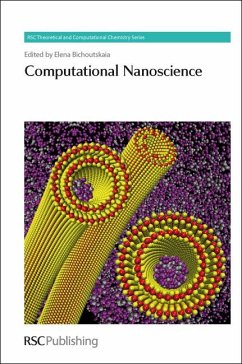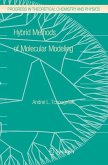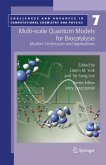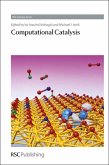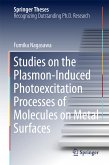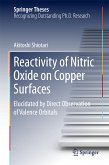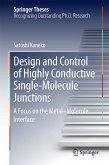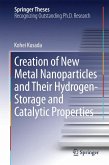Nanoscience is one of the most exciting areas of modern physical science as it encompasses a range of techniques rather than a single discipline. It stretches across the whole spectrum of science including: medicine and health, physics, engineering and chemistry. Providing a deep understanding of the behaviour of matter at the scale of individual atoms and molecules, it provides a crucial step towards future applications of nanotechnology. The remarkable improvements in both theoretical methods and computational techniques make it possible for modern computational nanoscience to achieve a new level of chemical accuracy. It is now a discipline capable of leading and guiding experimental efforts rather than just following others. Computational Nanoscience addresses modern challenges in computational science, within the context of the rapidly evolving field of nanotechnology. It satisfies the need for a comprehensive, yet concise and up-to-date, survey of new developments and applications presented by the world's leading academics. It documents major, recent advances in scientific computation, mathematical models and theory development that specifically target the applications in nanotechnology. Suitable for theoreticians, researchers and students, the book shows readers what computational nanoscience can achieve, and how it may be applied in their own work. The twelve chapters cover topics including the concepts behind recent breakthroughs, the development of cutting edge simulation tools, and the variety of new applications.
Dieser Download kann aus rechtlichen Gründen nur mit Rechnungsadresse in A, D ausgeliefert werden.

